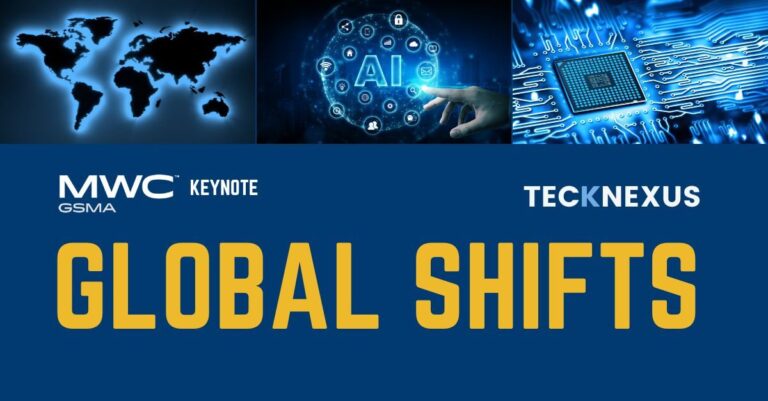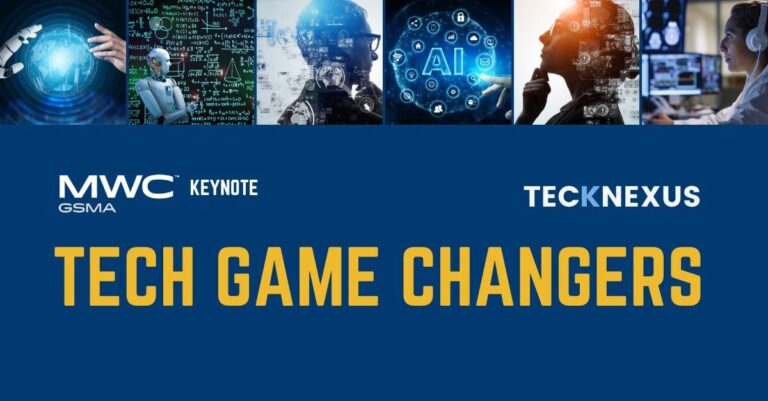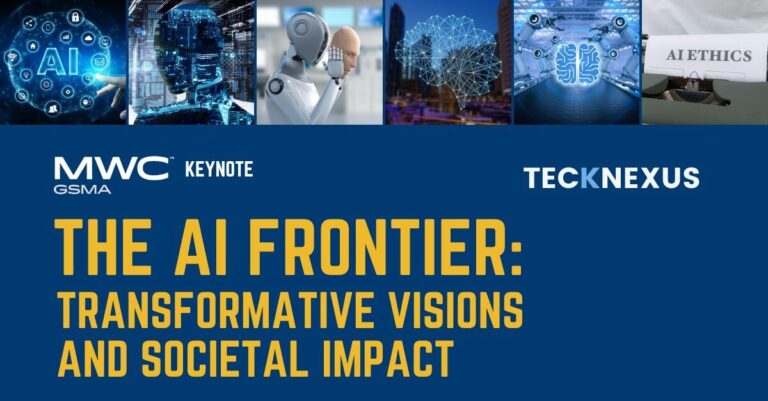Two engineers from King’s College, London, are venturing into a promising research project that focuses on neuromorphic computing, a form of computing inspired by the functioning of the human brain, to enhance wireless technology drastically. This initiative is backed by significant scientific entities – the Engineering and Physical Sciences Research Council (EPSRC) in the UK and the National Science Foundation (NSF) in the United States, indicating the importance and potential of the project.
The fundamental goal of this research is to significantly enhance the speed and energy efficiency of computing and wireless telecommunications. By achieving these improvements, there will be a major positive impact across various industries, especially mobile healthcare, telecommunications, and robotics. The approach taken here emphasizes a higher level of artificial intelligence (AI) integration into wireless communications, offering a vast array of possibilities in service improvements and user experience enhancements.
The primary team leading this initiative consists of an international collaboration of high-profile academics. Professor Osvaldo Simeone and Dr. Bipin Rajendran from the Department of Engineering at King’s College are working in conjunction with Professor Vincent Poor from Princeton University. They are focusing on how neuromorphic computing can be effectively leveraged for the more efficient delivery of information across telecommunications networks. This could potentially underpin the development of revolutionary services and applications in the upcoming 6G networks.
As highlighted by Professor Simeone, the recent widespread implementation of 5G has already marked a significant transition in telecommunications systems. The global system is evolving to facilitate the transfer of intelligence between machines better. Despite this progress, Simeone pointed out that current systems still encounter limitations. In particular, conventional communication systems are built on a framework of transmitting and storing information in ‘bits,’ which restricts their ability to adapt to new situations or optimize their resource consumption based on the specific nature of the information being exchanged.
Dr. Rajendran further explained the characteristics of neuromorphic systems. These systems are engineered to mimic the behavior of neural networks found in the human brain. One of the key techniques used in this approach involves Spiking Neural Networks (SNNs) that transmit information through the generation of ‘spikes.’ This operational model allows for highly efficient, event-driven computations as it processes data only when necessary.
The team believes that neuromorphic computing has several distinct advantages that make it superior to traditional computing. Unlike conventional computers, these neuromorphic systems are designed to learn and adapt in real time. Additionally, they are noted for their exceptional energy efficiency. When these factors are combined, they present a compelling case for the incorporation of neuromorphic computing within telecommunications. The introduction of this technology in mobile devices could lead to the provision of sophisticated AI tools, better services, and a much more customized experience based on user requirements.
To push this frontier technology forward, Professor Simeone and Dr. Rajendran have engaged in collaborative efforts with renowned industrial partners, including Intel Labs, NVIDIA, and AccelerComm. With the collective knowledge and experience of these industrial leaders, the King’s researchers aim to explore the core principles, algorithms, and design techniques involved in the creation of neuromorphic communications, pushing the boundaries of what’s currently achievable in telecommunications technology.


















